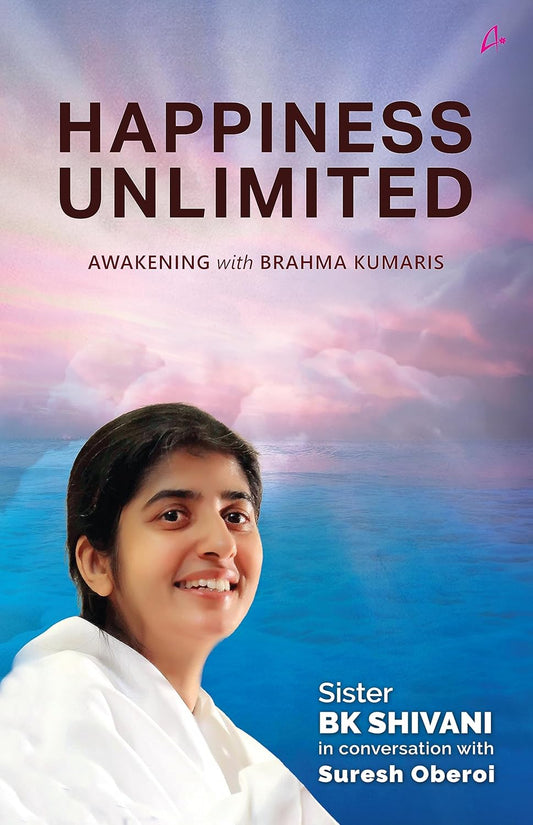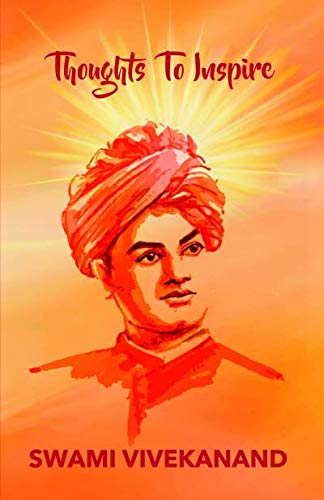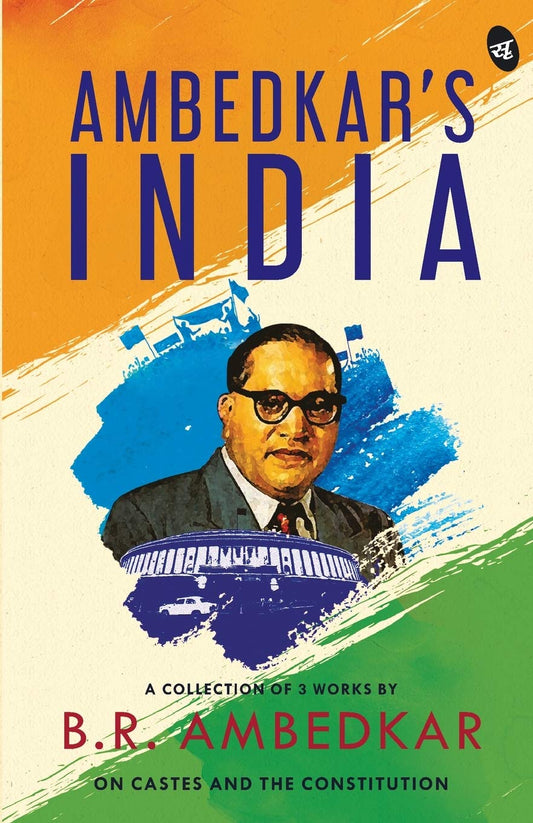Understanding the vast world of non-fiction books can feel overwhelming when you're looking to expand your knowledge or find your next great read. Unlike fiction, which tells imaginary stories, non-fiction books present real facts, experiences, and information that can educate, inspire, and transform your understanding of the world.
Whether you're seeking personal development, historical insights, or practical skills, knowing the different genres of educational books will help you choose the perfect reading material for your goals.
What Are Non-Fiction Books?
Non-fiction books are written works that present factual information, real events, and true stories rather than imaginary narratives. These educational reading materials cover every aspect of human knowledge and experience, from scientific discoveries and historical events to personal memoirs and practical guides. The primary purpose of non-fiction books is to inform, educate, or provide insights based on real-world information.
Non-fiction books differ from fiction in their commitment to truth and accuracy. Authors of non-fiction works typically conduct research, draw from personal experience, or present expert knowledge in their field. These books serve as valuable resources for learning, skill development, and understanding various subjects that impact our lives.
The appeal of non-fiction books lies in their ability to provide readers with practical knowledge they can apply to their lives, careers, or personal interests. Whether you're reading to solve a problem, understand a historical event, or gain expertise in a particular field, non-fiction books offer reliable information from credible sources.
What Are the Main Categories of Non-Fiction Book Genres?
Non-fiction book genres can be broadly categorized into several main areas, each serving different reader needs and interests:
Personal Development and Self-Help: These books focus on improving various aspects of personal life, including productivity, relationships, mental health, and goal achievement. They provide practical advice and strategies for personal growth and self-improvement.
Biography and Memoir: This category includes life stories of notable individuals (biographies) and personal accounts written by the subjects themselves (memoirs). These books offer insights into real people's experiences, challenges, and achievements.
History and Politics: These educational books explore past events, political systems, and societal changes. They help readers understand how historical events shape our current world and provide context for contemporary issues.
Science and Technology: Books in this genre explain scientific concepts, technological advances, and discoveries that impact our understanding of the world. They make complex topics accessible to general readers.
Business and Finance: These practical guides cover entrepreneurship, investing, career development, and economic principles. They're designed to help readers improve their professional and financial lives.
Health and Wellness: This category includes books about physical health, mental well-being, nutrition, fitness, and medical information. They provide evidence-based advice for maintaining and improving health.
What Makes Biography and Memoir Books Special?
Biography and memoir books hold a unique place in non-fiction literature because they combine factual information with compelling storytelling. These real-life stories offer readers the opportunity to learn from others' experiences while gaining insights into different perspectives and life paths.
Biographies are written by authors who research and document the lives of notable individuals. These books provide comprehensive looks at historical figures, celebrities, leaders, and influential people. Biographies often include extensive research, interviews, and documentation to present accurate accounts of their subjects' lives.
Memoirs are personal accounts written by individuals about their own experiences. These first-person narratives offer intimate insights into the author's life, challenges, and personal growth. Memoirs can cover entire lifetimes or focus on specific periods or events that shaped the author's perspective.
Autobiographies are comprehensive life stories written by the subjects themselves, covering their entire life journey from early years to the present. These books provide the most direct access to an individual's thoughts, motivations, and personal interpretation of their experiences.
The value of biography and memoir books lies in their ability to inspire, educate, and provide role models for readers. They show how real people overcome challenges, achieve success, and navigate life's complexities.
What Defines Self-Help and Personal Development Books?
Self-help and personal development books are designed to empower readers with tools, strategies, and insights for improving their lives. These motivational books address common challenges and provide practical solutions for personal growth.
Self-help books typically focus on specific problems or areas of improvement, such as building confidence, overcoming anxiety, improving relationships, or developing new habits. They often include exercises, worksheets, and step-by-step guides that readers can implement immediately.
Personal Development Books take a broader approach to growth and improvement. They explore concepts like emotional intelligence, leadership skills, creativity, and life purpose. These books often combine psychological insights with practical advice.
Motivational Books inspire readers to take action and pursue their goals. They often feature success stories, powerful quotes, and encouragement to help readers overcome obstacles and maintain momentum toward their objectives.
The effectiveness of self-help and personal development books depends on the reader's willingness to apply the concepts and strategies presented. The best books in this genre provide actionable advice backed by research or proven experience.
How Do Business and Finance Books Impact Readers?
Business and finance books provide essential knowledge for professional success and financial literacy. These practical guides help readers understand complex economic concepts and develop skills needed in today's competitive marketplace.
Business Books cover topics such as entrepreneurship, management, marketing, and leadership. They often feature case studies, real-world examples, and strategies that readers can apply to their business ventures or careers. These books help readers understand industry trends, develop business acumen, and learn from successful entrepreneurs and business leaders.
Finance Books focus on personal finance, investing, and wealth building. They explain concepts like budgeting, saving, investing in stocks and bonds, real estate, and retirement planning. These books help readers make informed financial decisions and build long-term wealth.
Career Development Books provide guidance for professional growth, including job searching, interview skills, networking, and career advancement strategies. They help readers navigate workplace challenges and develop the skills needed for career success.
The impact of business and finance books extends beyond individual readers to their families, communities, and the broader economy. Financially literate individuals make better decisions that benefit society as a whole.
How Do History and Science Books Enhance Understanding?
History and science books play a crucial role in expanding readers' knowledge and understanding of the world around them. These educational materials provide context for current events and help readers develop critical thinking skills.
History Books explore past events, civilizations, and cultural developments. They help readers understand how historical events shape contemporary society and provide lessons that can be applied to current challenges. History books range from comprehensive overviews of entire civilizations to detailed examinations of specific events or periods.
Science Books make complex scientific concepts accessible to general readers. They cover topics such as physics, biology, chemistry, astronomy, and environmental science. These books help readers understand scientific discoveries, technological advances, and their implications for society.
Popular Science Books bridge the gap between academic research and public understanding. They present cutting-edge scientific discoveries in engaging, easy-to-understand language that makes science accessible to everyone.
The value of history and science books lies in their ability to foster curiosity, critical thinking, and a deeper appreciation for human knowledge and achievement. They help readers become more informed citizens and lifelong learners.
Why Do Readers Need to Understand Non-Fiction Book Genres?
Understanding non-fiction book genres is essential for readers who want to maximize their learning and find books that match their specific interests and goals. This knowledge helps readers make informed decisions about their reading choices and build well-rounded personal libraries.
Efficient Book Selection: When you understand different genres, you can quickly identify books that align with your current interests, learning goals, or professional needs. This saves time and ensures you choose books that will provide the most value.
Balanced Reading Diet: Just as a balanced diet includes various food groups, a balanced reading diet includes different types of non-fiction books. Understanding genres helps you diversify your reading to gain knowledge across multiple areas.
Goal-Oriented Learning: Different genres serve different purposes. Understanding these distinctions helps you choose books that support specific goals, whether you're seeking career advancement, personal growth, or general knowledge expansion.
Quality Assessment: Familiarity with genre conventions helps you evaluate the quality and credibility of books within each category. You'll better understand what to expect from different types of non-fiction works.
Building Expertise: Understanding genres allows you to systematically build expertise in areas of interest by progressively reading more advanced books within specific categories.
The Evolution and Future of Non-Fiction Book Genres
Non-fiction book genres continue to evolve as society changes and new areas of knowledge emerge. Technology, social media, and changing lifestyle patterns have created new subgenres and approaches to non-fiction writing.
Emerging Genres: New categories like digital wellness, remote work strategies, and sustainable living reflect contemporary concerns and interests. These genres address modern challenges that didn't exist in previous generations.
Cross-Genre Books: Many modern non-fiction books blend elements from multiple genres. For example, business books might incorporate psychological insights or history books might include scientific explanations of historical events.
Interactive and Multimedia Elements: Modern non-fiction books increasingly include QR codes, online resources, and multimedia components that enhance the reading experience and provide additional value.
Accessibility and Inclusivity: Publishers are working to make non-fiction books more accessible to diverse audiences by including varied perspectives, cultural contexts, and learning styles.
The future of non-fiction books will likely continue to adapt to readers' changing needs while maintaining the core purpose of education and enlightenment that defines the genre.
Non-Fiction Books FAQs
How do I choose the right non-fiction book genre for my interests?
Start by identifying your current goals and interests. If you want to advance your career, focus on business and professional development books. For personal growth, explore self-help and psychology books. If you're curious about the world, try history, science, or biography books. Consider your learning style too – some people prefer practical guides with exercises, while others enjoy narrative-style books that tell stories while teaching concepts.
What's the difference between self-help books and personal development books?
Self-help books typically focus on solving specific problems or addressing particular challenges, like overcoming anxiety or improving communication skills. They often provide step-by-step solutions and practical exercises. Personal development books take a broader approach to growth and improvement, exploring concepts like emotional intelligence, leadership, and life purpose. They tend to be more philosophical and focus on overall personal transformation rather than fixing specific issues.
Are biography and memoir books considered educational reading?
Yes, biography and memoir books are valuable educational reading materials. They provide insights into different life experiences, historical periods, and personal perspectives that can teach readers about resilience, leadership, and human nature. These books often include historical context and real-world lessons that readers can apply to their own lives. They're particularly valuable for understanding how successful people overcame challenges and achieved their goals.
How can I tell if a non-fiction book is credible and well-researched?
Look for books written by authors with relevant expertise or experience in their subject area. Check if the book includes citations, references, or a bibliography that supports the author's claims. Read reviews from reputable sources and other readers to gauge the book's accuracy and usefulness. Books published by established publishers often undergo fact-checking processes. Also, consider whether the author presents balanced viewpoints or acknowledges limitations in their research.
Should I read non-fiction books in a specific order or can I jump between genres?
You can jump between genres based on your interests and current needs. Reading different types of non-fiction books can enhance your overall learning by providing diverse perspectives and knowledge areas. However, if you're trying to build expertise in a specific field, it might be helpful to start with introductory books before moving to more advanced material within that genre. The key is to maintain a balance that keeps you engaged and motivated to continue learning.
How often should I read non-fiction books compared to fiction?
There's no perfect ratio – it depends on your personal goals and preferences. Many avid readers aim for a mix that includes both fiction and non-fiction to balance entertainment with learning. Some people prefer reading one non-fiction book for every fiction book, while others focus primarily on one type. The important thing is to read consistently and choose books that provide value and enjoyment. If you're focused on specific learning goals, you might temporarily emphasize non-fiction, but maintaining some variety usually leads to a more sustainable reading habit.









